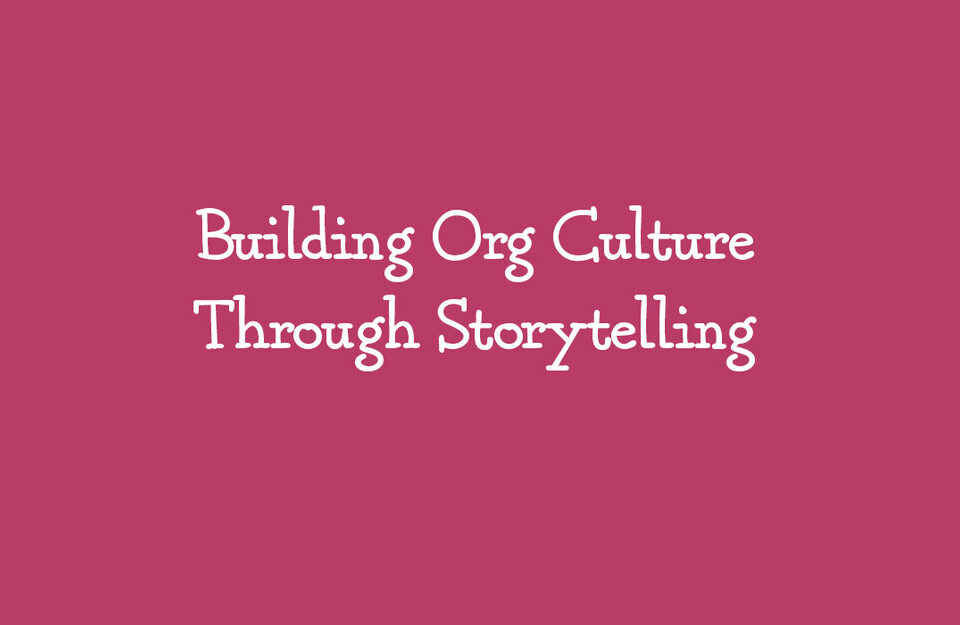What do you want to be when you grow up? The answer is very often influenced by the kind of person who you view as a role model. Role models inspire. Role models resonate with what we want to be. A role model has to walk the talk. Authority figures are inevitably burdened with the task of being exemplary in their conduct at all times. Parents of very young children realize that the children tend to emulate their behavior whether or not it is appropriate or even safe. Many parents have walked in to discover their three year old trying to apply lipstick like Mummy or shave like Daddy - sometimes with disastrous results.
Anyone who works for a "staff function" or a "support function" will tell you that the nature of this function is advisory. The people belonging to this function investigate, research, and give advice to their line managers. The value of the function really then lies in becoming a trusted advisor to the business. Being a trusted advisor simply means that the "clients" value the deep subject matter expertise that the specialist brings to the table. All advisory professions have to earn the trust of the client without which they are not relevant. That is as true for Human Resources professionals as it is for a doctor, a lawyer, an accountant ... the list goes on. The feeling of professional self worth of such professionals is very directly linked to how valuable they and their advise is to the others. The more they are consulted the more valued they feel.
I believe that leaders who bring in a multi function, multi business and multi geography perspective will succeed better since business opportunities are going to lie at intersection points. For instance: When you have a leader who understands not just mobile technology but also consumer needs around entertainment or education, there is a business opportunity. If that person were to be a designer, you have a brilliant combination. I believe the consumer will become more sophisticated and look beyond meeting purely functional needs. They will look for design and aesthetics in the products or services. Leaders who are equally at home in quantitative analysis as they are in understanding qualitative nuances will be more successful. Clearly people who have a more eclectic education - say Finance, Human Resources and Design will be valuable. A more international outlook will make a leader comfortable in not only understanding cultural nuances of the consumer but will also build a more inclusive work environment which will attract the best talent globally.
When you ask interns about their experiences with their project guides or managers, you get to hear some crazy stories. The insecure and moronic will always treat Interns as a form of life similar to amoeba and consequently low down on the food chain. While the smarter people use the interns to get a fresh perspective to some real life issues and problems. The evolved look at it as an opportunity to build the employer brand.The jobs are back. So are internships. Their cover story of 15 April 2010 is labelled Angels, Bosses and Demons. The article clearly identifies the ideal boss. You have to decide who they refered to as Demon or Angel. JAM's reporter Prachi Parekh wanted to know how I would treat an intern. Here are some excerpts...
According to Yahoo News, 'Books such as 'Almost Single', 'The Zoya Factor', 'Bombay Rains' and 'Keep off the Grass', 'Married But Available', 'Secrets and Lies', and very recently 'Keep the Change Year After Year' have been a series of titles from Indian authors for the Indian audience that end up doing big numbers,' Lipika Bhushan of Harper Collins said.
THE Tale, the Parable, and the Fable are all common and popular modes of conveying instruction. The Tale is a story either founded on facts, or sometimes just a figment of imagination. There are no moral lessons expected to be learned. The Parable is intended to convey secret meanings. Fables are intended to impact human behavior through the stories and the characters. Good and bad characters are clearly demarcated. Aesops fables have become a part of our everyday language. The story of the thirsty crow dropping pebbles in a pitcher to raise up the level of water is one of the first lessons in innovation we learned. The moral of the story is explicitly stated at the end eg "Necessity is the mother of invention" in case of the Crow and the Pitcher story.
This is a true story. I have a friend who heads the India operations of a well known European MNC. He has been with this firm for the past decade. During these years he has built up a fantastic track record of successfully managing assignments in different countries, leading teams to achieve success and is generally well regarded by his employer. Over the last few months he has been experiencing 'career fatigue'. We would often chat about the "What next?" question. He was wondering if he was still viewed as a valuable part of the firm's long term strategy.
Mr R Gopalakrishnan of the Tata Group recently did this story on Corporate Novels for the Economic Times. The article is a great recall of all the "Corporate Novels" that have been written in recent times. In this story called Mixing Business With Pleasure, they have traced authors from corporate India who have penned their novels with stories that somewhere resonate with their experiences. While it is fiction, almost all of them have perhaps been triggered off by some incident or character(s) they have encountered for real. This probably is the formula for realistic fiction that the readers have appreciated generously as well as the sales figures of all these novels will vouch for. I feel honored that Mr Gopalakrishnan is aware of my novels - but I will feel better if I know that he read them as well. Do you think he has?









